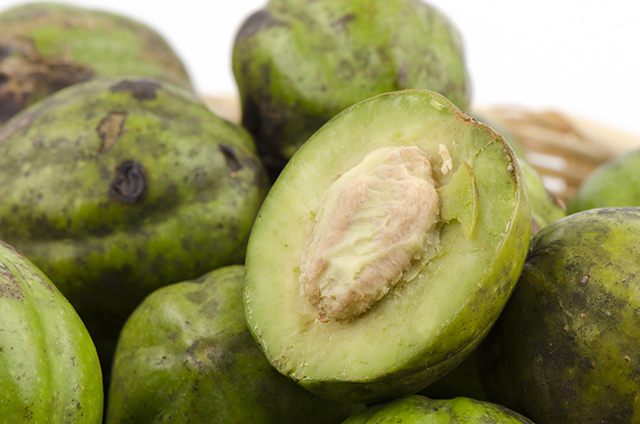Juniper sources, health risks
09/28/2017 / By Frances Bloomfield

The juniper or Juniperus genus consists of 60 to 70 species of aromatic evergreen trees and shrubs widely distributed throughout the Northern Hemisphere. These plants are a common feature in herbal medicine and foods. Although the members of this genus are packed with varying amounts of nutrients and medicinal properties, they can be dangerous when prepared by an unskilled and inexperienced herbalist. This is due to several juniper species being unfit for human consumption, and therefore unsafe for ingestion, among other things.

Harmful effects that can be caused by juniper
Juniper berries are loaded with volatile oils such as thujone, alpha-pinene, myrcene, and sabinene. While these can be beneficial in small amounts, high doses of these can be dangerous and downright toxic when ingested. As strong kidney and intestinal irritants, the volatile oils found in juniper berries have been shown to cause diarrhea, kidney damage, increased heart rate, and even convulsions.
These volatile oils are just as unsafe when used on bare skin. Undiluted juniper volatile oils have been known to induce adverse skin reactions such as blisters and dermatitis, especially when exposed to the skin of sensitive individuals or those allergic to juniper berries. Moreover, the application of juniper on open wounds can result in great irritation and swelling.
Juniper, particularly the essential oil derived from this plant, can cause the smooth muscles to contract, and as such, pregnant and nursing women should steer clear of them. By stimulating the smooth muscles, juniper can lead to uterine contractions, which can in turn bring about abortions.
Diabetic patients are advised against using juniper as well. Not only can juniper lower blood sugar, but it’s also been known to interfere with glucose-regulating medication, increasing the difficulty of maintaining stable blood sugar levels.
Juniper berries may cause allergic reactions in certain people, the symptoms of which include sneezing, coughing, wheezing, and rashes.
Juniper has been shown to interfere with the absorption of minerals like iron.
Body systems harmed by juniper
Because juniper berries are often used as diuretics, excessive consumption can lead to kidney aches and irritation. As such, juniper berries should be avoided in their entirety by individuals struggling with kidney disease or infection.
Juniper can be dangerous to the digestive system too, and its effects can even more potent on those with intestinal disorders.
Where to learn more
Summary
Juniper can irritate the digestive system and kidneys, and should therefore be avoided by individuals who have disorders relating to either of these organs. Because it can cause uterine contractions, pregnant are recommended to avoid juniper as well.
Sources include:
Tagged Under:




















